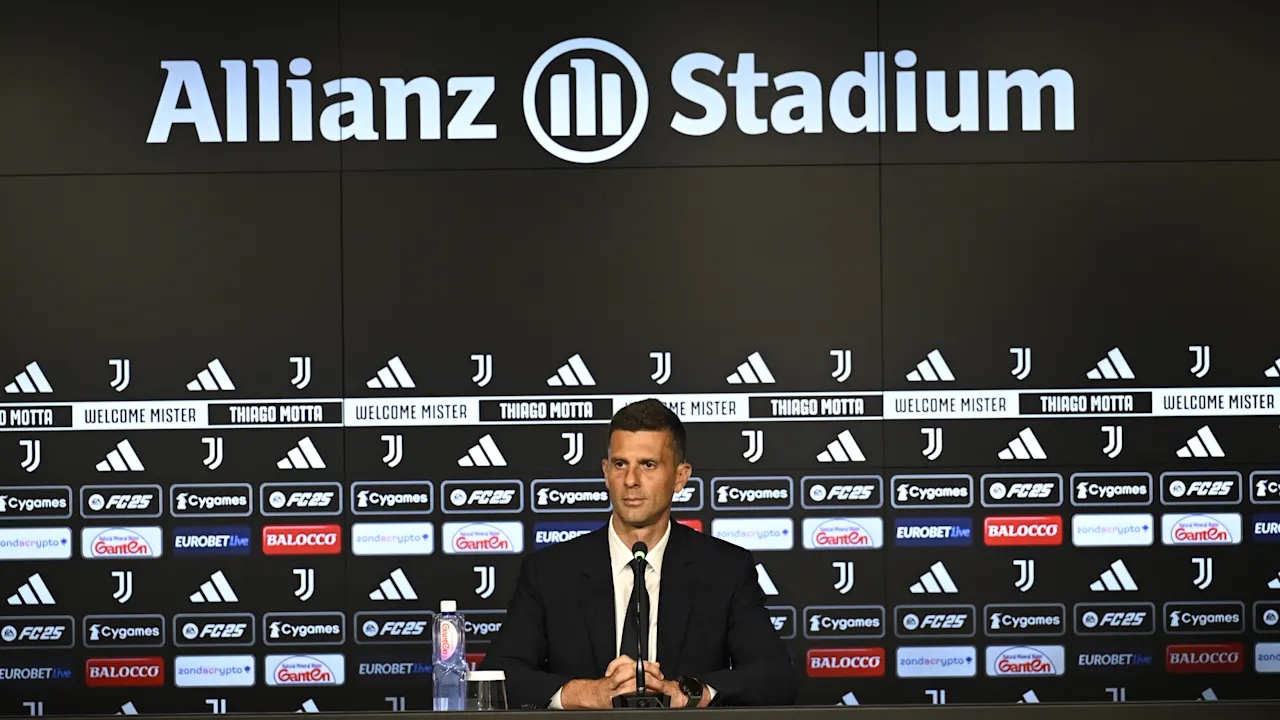Ahead of the 2024-25 Serie A season, we take a look at how the league has continued to put out an entertaining product despite rampant league mismanagement.
The Serie A season is set to kick off on August 17, and teams and fans alike are eager for the action to get going. Less prepared, it would seem however, is the league itself.
Serie A hadn’t finalized its North American TV rights deal until July 22, not even one month before the 2024-25 opener. This last-minute operation is just one small snapshot into the league’s organization (or lack thereof), and how its top brass has been haphazardly running it. With unsustainable finances, debts, stadium infrastructure, and dwindling interest thanks to the behemoth of the Premier League, Serie A (and Italian football in general) is in a precarious position.
Despite the mismanagement, Serie A remains a very entertaining league. One thing it can boast compared to other top European leagues is its top-to-bottom competitiveness. After a seven-year run of dominance from Juventus, the last four years has seen three different Scudetto winners: Inter (twice), Napoli, and Milan. There’s a wide debate about who will take home the trophy this season, with a lot of people claiming it’ll be a different winner yet again.
In 2023, the league released a campaign claiming “Calcio is Back,” featuring legends Luca Toni, Fabio Capello, and Fabio Cannavaro. Hasty, maybe, but not entirely incorrect. Calcio is not quite back to where it was when it peaked in the ’80s and ’90s. Just look at the Azzurri’s performance in EURO 2024 to understand more.
But when you dive deeper, it seems calcio, from a league perspective, it is certainly making headway in climbing up the ranks again after enduring a rough period, dominated by La Liga during the peak El Clasico era and the Premier League, which is a different beast altogether. The frustrating part of this, though, is that Serie A has the potential to be even greater. Still, unfortunately, the hands controlling it seemingly want to sabotage any progress the league makes.
On the pitch, though, things seem brighter. The aforementioned parity is especially apparent in the top seven European spots. The usual suspects in Juventus, Milan, and Inter look to be competitive heading into the new season, and should be battling it out at the top. Roma, Lazio, Atalanta, and Napoli are always around as well, and could even muscle their way into a top three spot if things turn out their way. Bologna qualified for the Champions League last season as well, showing that there’s ample room for any club to climb the table.

However, when clubs like Bologna qualify for the Champions League, we tend to see Juventus and the big Premier League teams pick apart their talent. Manager Thiago Motta, who helmed the Bolognese turnaround last season, has switched allegiances to the Old Lady, while defender Riccardo Calafiori departed for Arsenal and forward Joshua Zirkzee to Manchester United. An Italian club qualifies for the Champions League and the core of their success is ripped from them. New boss Vicenzo Italiano faces an uphill battle next season, that’s for sure.
And that is Serie A’s position, at least for the foreseeable future. But they’re not alone. Until something is addressed in the financial disparity between the Premier League and the rest of Europe, then other leagues will sit as second fiddle and will remain stagnant. Italian teams have dominated the Europa League and Conference League over the last few seasons, with the likes of Roma and Atalanta winning a trophy each, and Fiorentina reaching multiple finals. Inter played in a Champions League final against Manchester City and were somewhat unlucky in losing.
The foundations are there. Italian football culture is unrivaled. But unless the governing bodies and league heads wake up and focus on benefitting the game otherwise, Italian football will slowly die. That might sound dramatic, but with crumbling stadiums, revenue in the red, the best talents leaving for other countries, and the national team currently struggling (no thanks to the youth infrastructure and abysmal management of the FIGC), it’s not an outlandish suggestion. There’s still life in Serie A, that’s for sure. Plenty of it. We just need those in power to stop trying to take it away.








